Communicating Anthroposophy: The Course for Speakers to Promote the Idea of Threefolding
12 lectures and a Q&A session, Stuttgart, Jan. 1–2, and Feb. 12–17, 1921 (CW 338)
“Be clear with yourselves about this: if these two preconditions are not met [love for the cause and love for humanity], or if they are replaced by some other force such as ambition or vanity, you will still be able to deliver very logical speeches to people; you will be able to speak very cleverly, however you will not be able to achieve anything.” —Rudolf Steiner
From time to time, reading Rudolf Steiner’s Collected Works, one encounters a previously unknown set of lectures that seems to promise no more than a rather specialized content, of interest primarily to those concerned with its apparent theme—here a preparatory course for those about to embark on a speaking tour to promote the “threefolding” of society. Then one discovers various subthemes that unexpectedly spark new insights, not only into Anthroposophy, but also into Steiner himself, who suddenly appears in a new light. In such cases, we may encounter a passage or lecture that illuminates, challenges, and ultimately transforms what we think we know, and our perspective changes. Our habitual understanding falls away, and we grasp that what we are reading is not information or description; it is a call to act in a new way. Thereby, we are no longer simply readers, but also participants in the adventure of Anthroposophy.
Here are two lectures given in Stuttgart, January 1921, at the request of, and to, anthroposophists from Breslau in Upper Silesia, who had written for guidance in a last-ditch attempt to interject threefold ideas into the political discussions surrounding the upcoming referendum to determine whether Upper Silesia would remain part of Germany or revert to Poland. Ten lectures were given about a month later, aimed to prepare speakers to travel around Germany to promote the idea of threefolding. Knowing that their task would not be easy, that it would be risky and even dangerous, Steiner paints the “big picture”—the “deep ground”—from which they were called to make their case.
Reading these lectures, we come to realize that everything Steiner enjoins, and the way he does so, applies to a much greater field than what he is explicitly addressing. The participants—who would be going out to speak—were doing so as representatives of Anthroposophy. When they speak of threefolding, it would be as only one manifestation of what living Anthroposophy can be. As such, they must themselves become living manifestations of Anthroposophy. From this point of view, this course could also be called “How to Be an Anthroposophist.”
CONTENTS:
Introduction by Christopher Bamford
Part I: Working on Behalf of the Threefold Social Organism: A Training Course for Speakers
Part II: Training Course for Upper Silesians
Appendices:
Appeal for the Rescue of Upper Silesia
Rudolf Steiner’s Notes for the Training Course for Speakers
This volume is a translation from German of Wie wirkt man für den Impuls der Dreigliederung des sozialen Organismus? (GA 338).
About the Author
Rudolf Steiner (1861–1925) was born in the small village of Kraljevec, Austro-Hungarian Empire (now in Croatia), where he grew up (see right). As a young man, he lived in Weimar and Berlin, where he became a well-published scientific, literary, and philosophical scholar, known especially for his work with Goethe’s scientific writings. At the beginning of the twentieth century, he began to develop his early philosophical principles into an approach to systematic research into psychological and spiritual phenomena. Formally beginning his spiritual teaching career under the auspices of the Theosophical Society, Steiner came to use the term Anthroposophy (and spiritual science) for his philosophy, spiritual research, and findings. The influence of Steiner’s multifaceted genius has led to innovative and holistic approaches in medicine, various therapies, philosophy, religious renewal, Waldorf education, education for special needs, threefold economics, biodynamic agriculture, Goethean science, architecture, and the arts of drama, speech, and eurythmy. In 1924, Rudolf Steiner founded the General Anthroposophical Society, which today has branches throughout the world. He died in Dornach, Switzerland.
Christopher Bamford is Editor in Chief for SteinerBooks and its imprints. A Fellow of the Lindisfarne Association, he has lectured, taught, and written widely on Western spiritual and esoteric traditions. He is the author of The Voice of the Eagle: The Heart of Celtic Christianity (1990) and An Endless Trace: The Passionate Pursuit of Wisdom in the West (2003). He has also translated and edited numerous books, including Celtic Christianity: Ecology and Holiness (1982); Homage to Pythagoras: Rediscovering Sacred Science; and The Noble Traveller: The Life and Writings of O. V. de L. Milosz (all published by Lindisfarne Books). HarperSanFrancisco included an essay by Mr. Bamford in its anthology Best Spiritual Writing 2000.

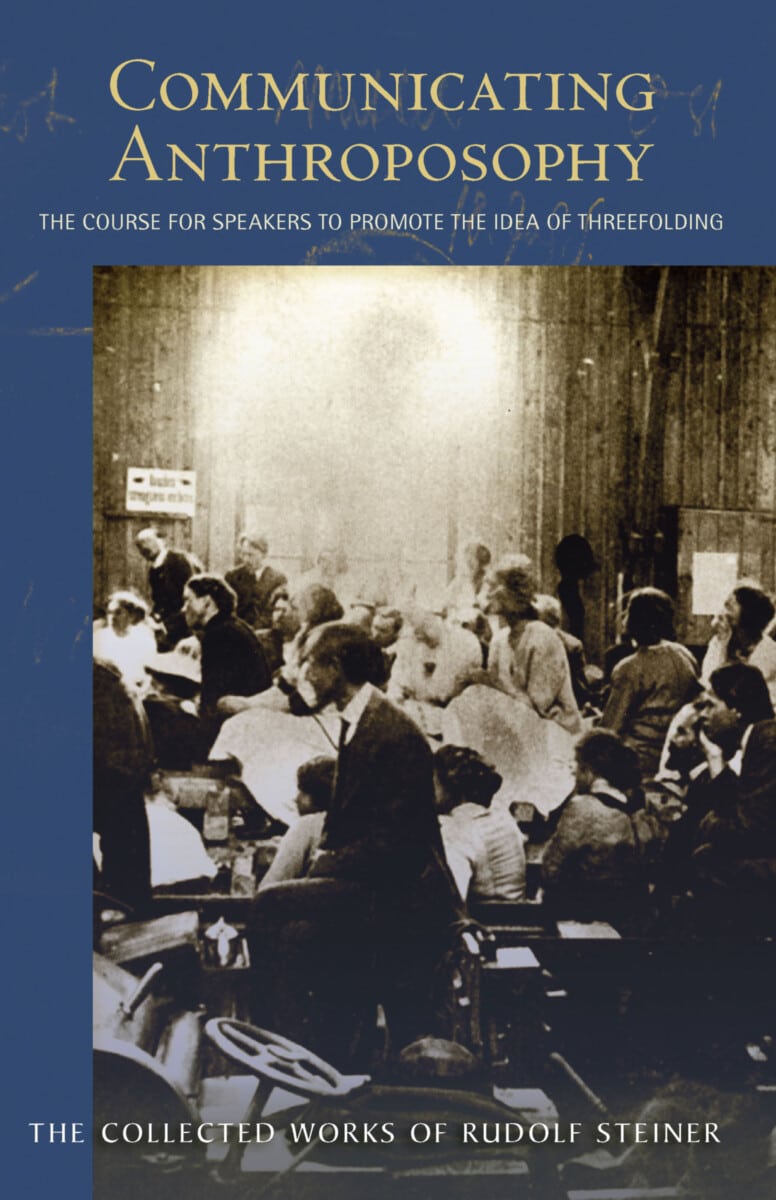

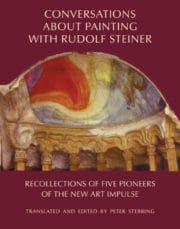



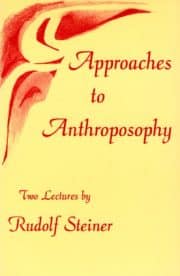
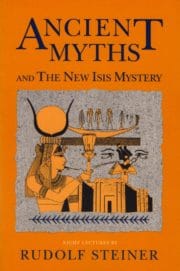

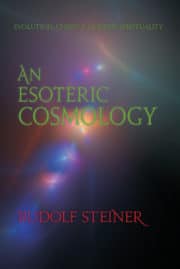


James Freeman (verified owner) –
An important work for any anthroposophist looking to commnicate to people about spritiual science and what Dr. Steiner described as threefold communities. Rudolf Steiner Bookstore is my go-to source for printed publications in this genre.